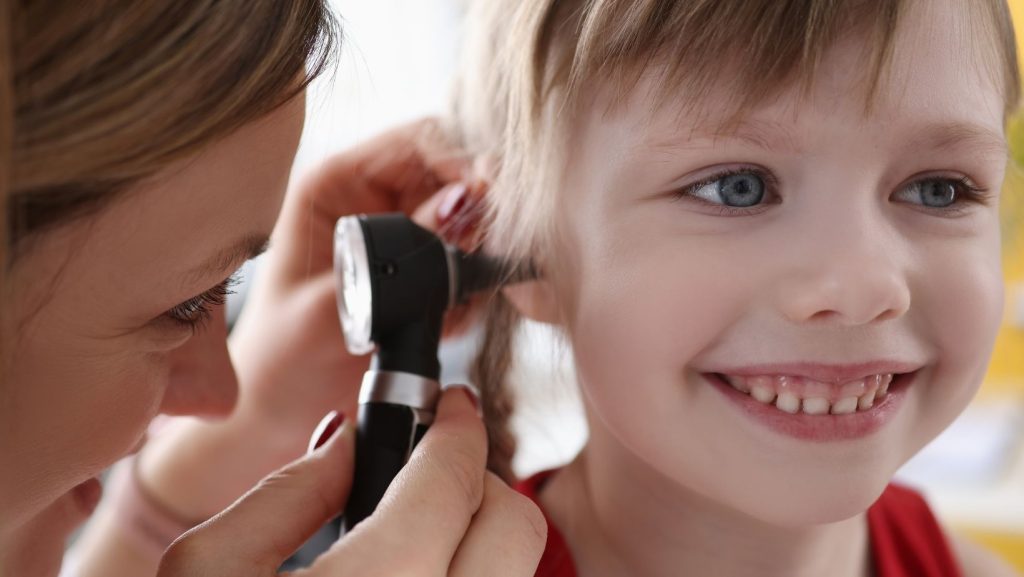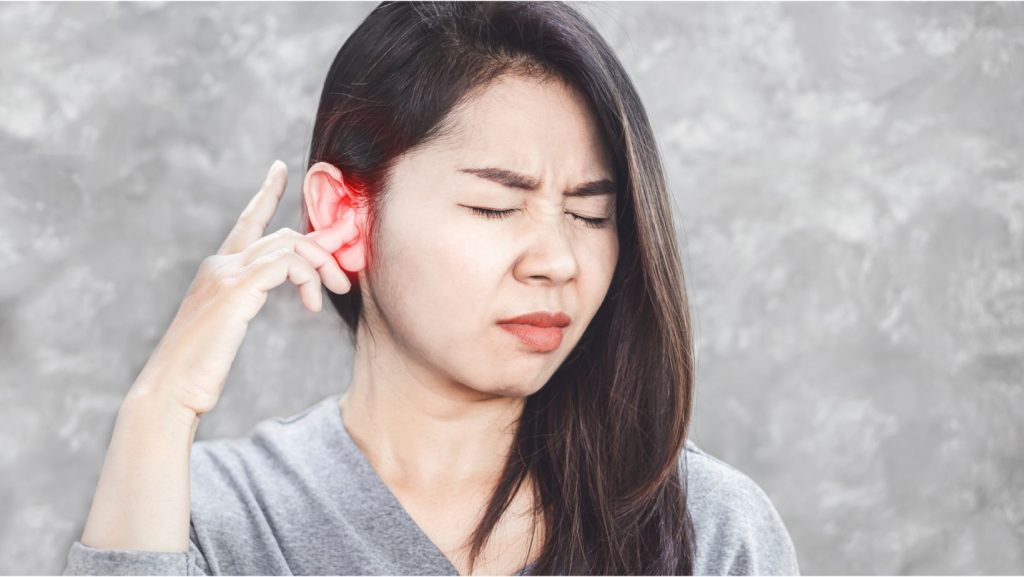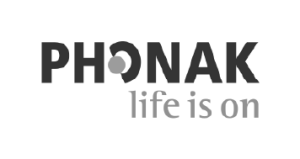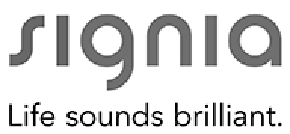
How Long Do Hearing Aids Last?
Hearing aids are more than just devices—they are essential tools that help people stay connected to the world around them. Whether it’s enjoying conversations with family, listening to music, or staying safe in everyday life, reliable hearing aids make a real difference. A common question many people have is: how long do hearing aids actually last? Understanding their lifespan can help you plan for maintenance, replacement, and technology upgrades. Typical Lifespan of Hearing Aids On average, hearing aids last between three and seven years. This range can vary based on the type of device, how it’s used, and how well it’s










